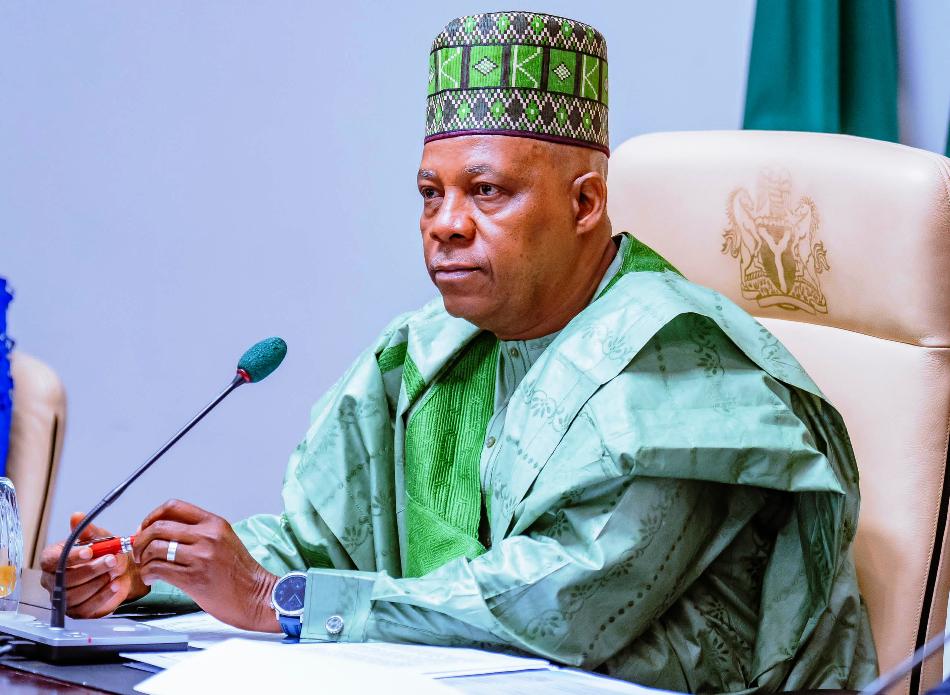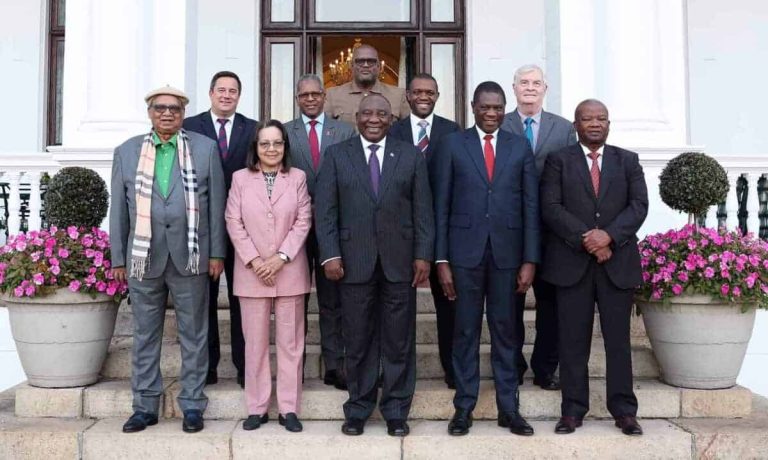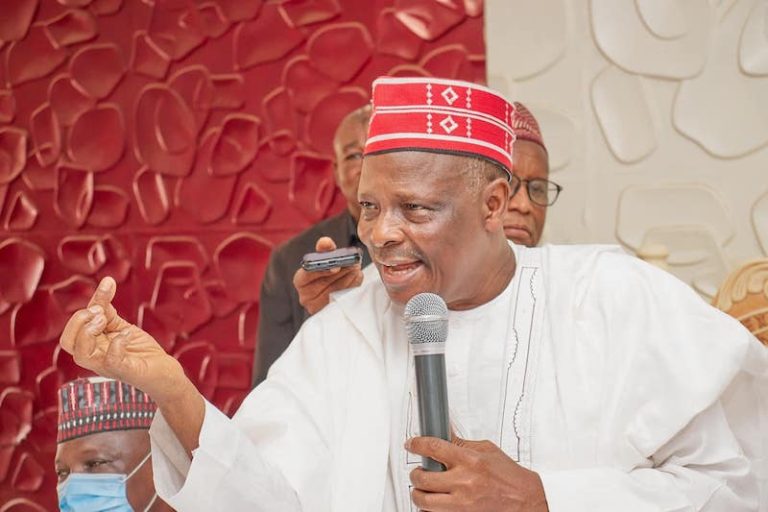
Vice President Kashim Shettima on Tuesday spotlighted Nigeria’s massive $200 billion energy transition opportunity to global investors during the United Nations General Assembly in New York City.
Addressing a roundtable hosted by the Business Council for International Understanding (BCIU), Shettima called for strategic partnerships to unlock Nigeria’s vast energy and infrastructure potential.
“With 210 trillion cubic feet of gas reserves and some of Africa’s highest solar irradiation levels, Nigeria stands poised to lead a $200 billion energy transformation,” the Vice President declared.
He underscored fiscal incentives and VAT waivers designed to mitigate investment risks in both traditional and renewable energy projects, spanning gas-fired independent power plants, off-grid solar solutions, and pioneering clean hydrogen initiatives.
Highlighting infrastructure challenges, Shettima acknowledged a $1 billion annual funding gap in transport, ports, and power sectors. Yet, through innovative financing models leveraging InfraCorp and the Nigeria Sovereign Investment Authority, the government is blending sovereign and private funds to develop metro systems, dry ports, and industrial corridors—critical infrastructure supporting West Africa’s trade expansion.
Drawing attention to Nigeria’s improving sovereign credit ratings from Fitch and Moody’s, Shettima framed the country as the natural hub for the African Continental Free Trade Area’s (AfCFTA) $3.4 trillion market.
“Special Economic Zones now boast over $5 billion in industrial capacity, with incentives promoting backward integration and AfCFTA corridors opening access to a multi-billion-dollar continental market,” he said.
“These reforms are transforming Nigeria into Africa’s production floor and innovation lab,” the Vice President added.
Fitch Ratings upgraded Nigeria’s outlook to Stable in April 2025, citing renewed confidence in President Tinubu’s reform agenda. While the long-term foreign currency rating remains at ‘B’, Fitch noted that exchange rate liberalisation, tighter monetary policy, subsidy removals, and fiscal discipline have strengthened Nigeria’s economic resilience.
Shettima also highlighted Nigeria’s rich mineral resources, boasting 44 commercially viable minerals valued at over $700 billion under a new beneficiation and security regime.
He encouraged investors to seize early opportunities in critical minerals such as lithium, gold, bitumen, and rare earth elements, which are pivotal to the global green energy transition.



